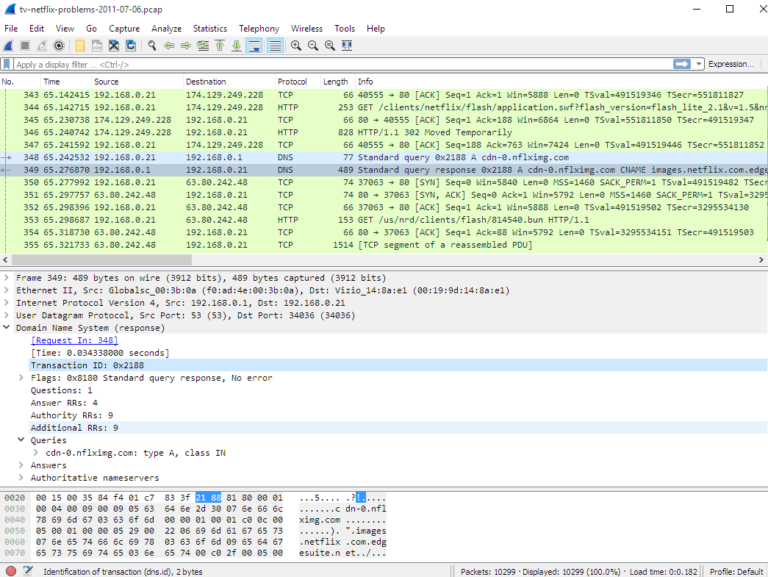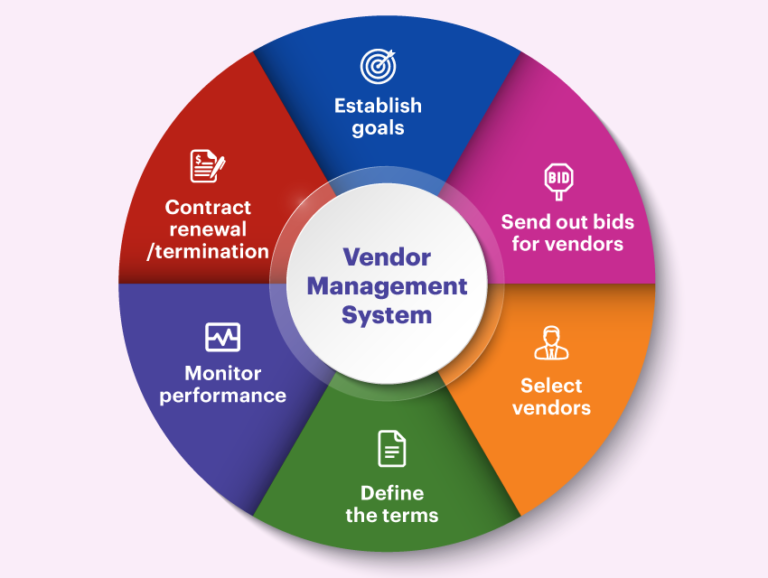What Is The Effect Of Artificial Intelligence On Human Resources Employees?
The introduction of artificial intelligence (AI) into the field of human resources (HR) is rapidly changing the way HR employees do their jobs. AI is being used to automate mundane tasks, such as tracking employee hours and benefits, tracking employee performance, and managing recruitment and hiring processes. While AI can free up time for HR employees to focus on more strategic tasks, it can also lead to job losses. AI is also leading to the emergence of new job roles in HR departments, such as data analysts and AI specialists. This article will discuss the impact of artificial intelligence on HR employees and how it is transforming the way HR departments operate.
Overview of Artificial Intelligence
Artificial Intelligence (AI) is the study of machines and software that are able to simulate and replicate human intelligence and behavior. It is an interdisciplinary field of research that includes cognitive science, neuroscience, engineering, mathematics, and computer science. AI has been used to solve complex problems in areas such as medical diagnostics, robotics, natural language processing, and computer vision. AI technology is also being used to create intelligent virtual agents, autonomous vehicles, and intelligent user interfaces. With its ability to solve complex problems, AI has the potential to revolutionize the way we live and work. AI can help us better understand and interact with the world around us, making our lives easier and more efficient.
Benefits of Artificial Intelligence in Human Resources
The use of Artificial Intelligence in Human Resources (AI-HR) is becoming increasingly popular due to its potential to revolutionize the employee experience. AI-HR can provide a more efficient way to streamline the recruitment process, create better job matches, and improve employee engagement. AI-HR can also enable HR professionals to quickly identify trends and issues that would otherwise be difficult to detect. Additionally, AI-HR can be used to detect potential fraud and improve overall security. With AI-HR, organizations can gain a better understanding of their workforce and create more effective strategies for retaining and developing talent. AI-HR can also help organizations to better understand their employees, their needs and preferences, and allow for better decision-making. Ultimately, the use of AI-HR can help organizations create a more rewarding and productive work environment for their employees.
Challenges Artificial Intelligence Poses to Human Resources
Artificial Intelligence (AI) is revolutionizing the Human Resources (HR) landscape. The potential of AI to automate HR processes, improve employee experience, and drive better decision-making is immense. However, AI also presents a number of challenges. From potential job losses due to automation to ethical issues such as bias in decision-making, AI presents a complex set of challenges for HR. As AI technology continues to develop, HR professionals must remain ahead of the curve, understanding both the potential and risks of AI, and ensuring that the technology is used responsibly and effectively.
Impact of Artificial Intelligence on Human Resources Employees
In recent years, Artificial Intelligence (AI) has become an increasingly important tool for Human Resources (HR) employers. AI-powered technology can help employers identify potential candidates, streamline the recruitment process, automate administrative tasks, analyze employee performance, and more. AI has the potential to revolutionize the way HR employees work, allowing them to focus on more meaningful tasks and deliver better results. AI can also help HR employees become more efficient and accurate in their work. By leveraging AI solutions, businesses can increase their organizational effectiveness and create a more positive work environment. AI can also be used to offer personalized experiences to employees and provide insights and analytics that can improve decision-making. In conclusion, AI can be a powerful tool for HR employees, allowing them to work more efficiently and effectively, and improve the overall performance of their organization.
Strategies for Human Resources to Leverage Artificial Intelligence
In today’s ever-changing business landscape, human resources (HR) departments must find new ways to make their operations more efficient. Artificial intelligence (AI) can be a powerful tool to help HR departments achieve their goals. By leveraging AI, HR departments can automate tedious tasks, improve the accuracy of their data, and use predictive analytics to make better decisions about their workforce. AI can also help HR departments identify potential talent more quickly and make better decisions about employee development and retention. Ultimately, HR departments can use AI to drive better outcomes and deliver more value to their organizations.
Summary and Conclusion
At the end of this blog, we can conclude that blogging is a great way to express yourself, share ideas, and reach out to a larger audience. It is also a great way to build relationships, grow your network, and gain visibility. By creating a blog, you can create content that is engaging and impactful, and you can also increase your visibility and reach a larger audience. Blogging can also help you build relationships and grow your network by connecting with like-minded individuals and exchanging ideas. Ultimately, blogging is a great way to express yourself, share ideas, and reach out to a larger audience.
FAQs About the What Is The Effect Of Artificial Intelligence On Human Resources Employees?
1. How does artificial intelligence benefit human resources employees?
Answer: AI technologies can help HR departments automate mundane tasks, such as payroll and employee onboarding, saving time and resources. AI can also help to identify areas for improvement or areas where employees may be underperforming, and can help to automate recruitment processes.
2. Does artificial intelligence replace human resources employees?
Answer: No, AI technology is not meant to replace human resources employees, but rather to assist them in performing their roles more efficiently. AI can help to streamline processes, identify areas of improvement, and help HR departments manage their workloads more effectively.
3. What kind of training do human resources employees need to use artificial intelligence?
Answer: AI technologies are relatively easy to use, and most require minimal training. However, it is important for HR departments to understand the capabilities of AI and how they can be used to benefit their company. Additionally, HR departments should be aware of any legal and ethical considerations surrounding the use of AI in the workplace.
Conclusion
In conclusion, the effect of artificial intelligence on human resources employees is likely to be both positive and negative, depending on the context in which it is implemented. On one hand, artificial intelligence can help to automate many complex tasks and free up employees’ time for more meaningful tasks. On the other hand, it can reduce the number of jobs available and increase competition for remaining positions. Ultimately, it is up to human resources departments to ensure that employees are properly trained and equipped to handle the new technologies, and that their roles are not unnecessarily diminished.





